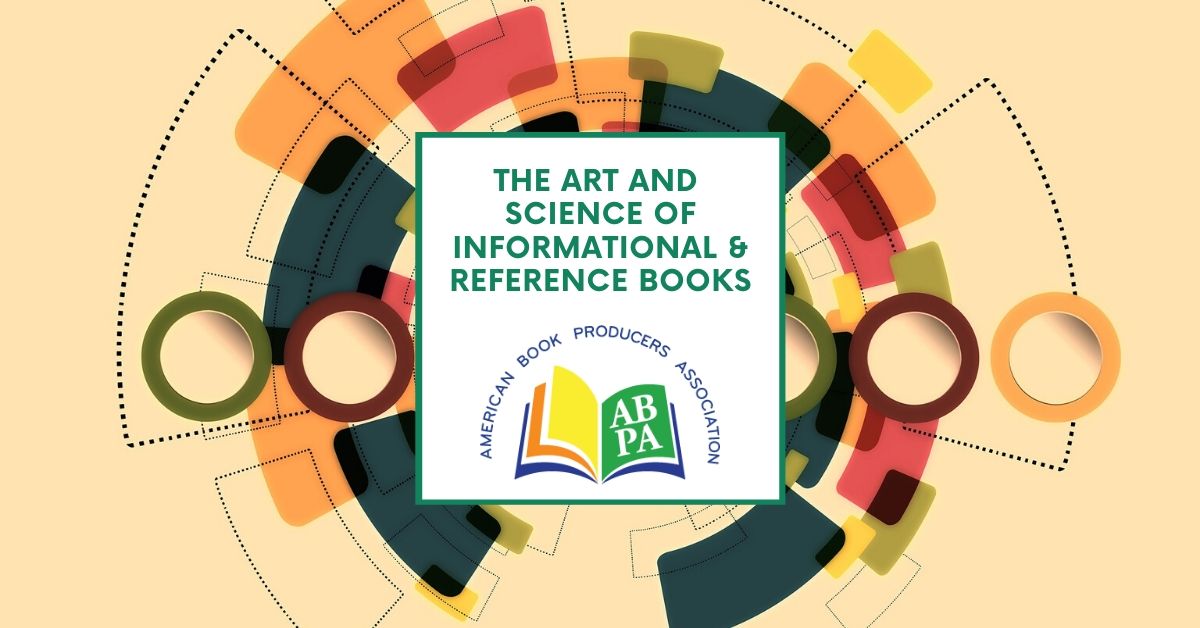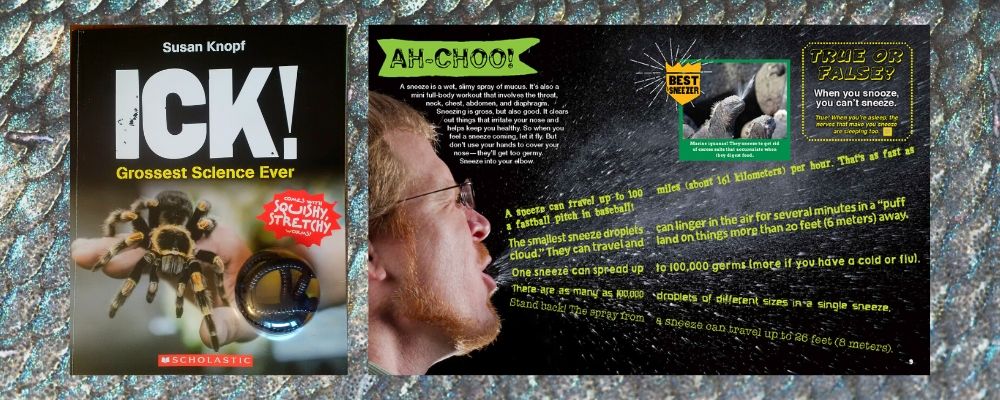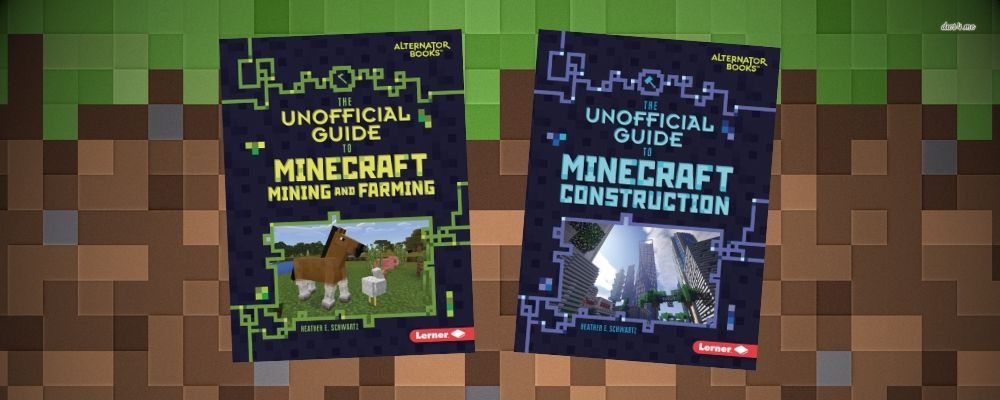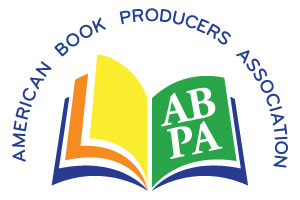
Right now, a solid half of the top ten bestselling books on Amazon.com are some form of informational or reference book. Two are self-help, one is a cookbook, one is a book of retirement advice, and one is a nonfiction narrative about World War II. These are lucrative titles that bring in revenue for publishers year after year. While they cover very different topics, they share one thing in common—these books need to be meticulously researched, compiled, and written in order to hold readers’ attention.
Every publisher wants these perennially lucrative titles on their list, but it can be inefficient to create these time-intensive books in-house. Between finding the right expert author, sourcing illustrations and photographs, researching and fact-checking, each reference or informational title can absorb significant resources. Book packagers can expand a publisher’s list with titles they can’t get anywhere else—books or projects that literary agents cannot offer to publishers and that publishers themselves generally cannot execute in-house.
The book producers in the American Book Producers Association assist large publishing houses, small presses, and companies to develop reference and informational books. Book producers have the resources to create titles that will deliver strong sales and attract buyers who are looking for reliable, fun, interesting, or persuasive information.
Lead with Curiosity
“Kids have an insatiable curiosity about the world around them. This underpins my approach to all informational books I produce for readers of any age,” Susan Knopf of Scout Books and Media explains. “I’m always motivated by my own curiosity.”
Recently, Susan’s book ICK! Grossest Science Ever, published through Scholastic Book Clubs, was inspired by a science museum visit with her nephew. There, they learned that a sneeze can travel up to 26 feet, and that a single sneeze can spread more than 100,000 germs. Good facts to know with the spread of the coronavirus continuing (pass the hand sanitizer, please!).
Susan says, “Knowing what, where, why, when, and how is powerful, and I aim to infuse informational books with enough of a WOW factor that readers can’t wait to turn the pages and share the amazing things they’ve learned with friends and family.”

Find the Right Experts for Your Topic
When a publisher hires a packager for a nonfiction book or series, they need to be confident that the information is correct. Sometimes, this involves finding an expert who is knowledgeable and passionate about the subject—for example, if the book is about a certain television show, or a certain dog breed, finding someone who is invested and steeped in the subject is imperative to creating a strong narrative.
When Heather Schwartz of Connections for Kids, LLC took on the series The Unofficial Guide to Minecraft, she knew she had to reach the experts. While online research is never enough to exclusively go on for writers or book producers, Heather knew she needed to start by finding forums where Minecraft experts and enthusiasts gathered to talk about the game’s biggest challenges and payoffs. She did research and then had several very knowledgeable readers—including her twelve-year-old son—read the text for relevancy and accuracy.
Heather says, “When you start with the history of the subject, the nitty-gritty, the how-to’s, tricks and tips, you find out what the heavy users and experts are saying. Then you go in and separate fact from opinion. You look for the things that people get emotional about, then research around the subject to provide the most accurate information.”

Richard Rothschild of Print Matters Productions Inc. works with a variety of experts on his series for junior high and high school students with Mason Crest. Topics range from how our government works and nations in the news to world art, LGBTQ issues, forensics, and guns in America. Scrupulous research and interviews with experts and people who are on the frontlines of these social, political, and cultural issues are vital to delivering a robust and comprehensive treatment.
Richard says, “When you’re writing for young people, you have a responsibility to deliver accurate information in a respectful, supportive, and even uplifting way. I try always to think of the teenager or preteen picking up that book, the questions they might have, and what they might be feeling, and develop the project with them in mind.”

Book Production in the Age of Internet (Mis)information
While many of the members of the American Book Producers Association (ABPA) have produced larger, multi-volume reference works in the past, most have noticed a decline in publishers signing or commissioning these works. Richard says, “I used to do a lot of heavy-duty reference works when I first started as a book packager—they’ve been scaled way back in the age of the Internet.”
Recently, though, Richard has produced the Atlas of Space and The Visual Galaxy for National Geographic. Even with all the “facts” about any given topic available at the click of a mouse on the Internet, the assurance that readers get when they pick up a book published by a trusted brand is priceless. What’s more, he says, “Big beautiful illustrated reference books make great gifts; links to websites do not.”
“You can get inspired by things you see on the Internet,” says Susan Knopf, “but you have to consult experts and check all your facts. When you hire a book producer, the book producer fact checks, the editor fact checks, and the fact-checker fact checks.”
Susan produced an updated edition of Time for Kids’ BIG BOOK OF HOW. She and her team replaced 50% of the content with new information. “In some instances that was an easy decision—information about computers—technology that changes so quickly—needs more frequent updating than a story about how Mount Rushmore was built. The publisher relied on us to be savvy about these decisions. They also knew that we would make sure that the new writing, design, and artwork matched the style of the original so the new pages fit in seamlessly.”
Another area that changes quickly are the stats and players in the world of sports. Jim Buckley of Shoreline Publishing Group is the producer and author of Scholastic’s annual Year in Sports—a book they’ve published for the past twelve years! Year in Sports gives fans of all sports a chance to re-live the biggest moments and memories. Buckley says, “we make the book throughout the year, so that events from as late as August are in the books when they are released in October and November.” With a long background in sports writing that includes Sports Illustrated and NFL Publishing, Buckley is Shoreline’s own in-house expert on the topic!

Book producers make capturing the perennial sales of reference and informational titles possible for publishers. Their creative approach, meticulous information gathering, and seamless delivery are essential to maintain many publishers’ trusted reputations and exciting, comprehensive catalogs. Learn more about ABPA members here.
